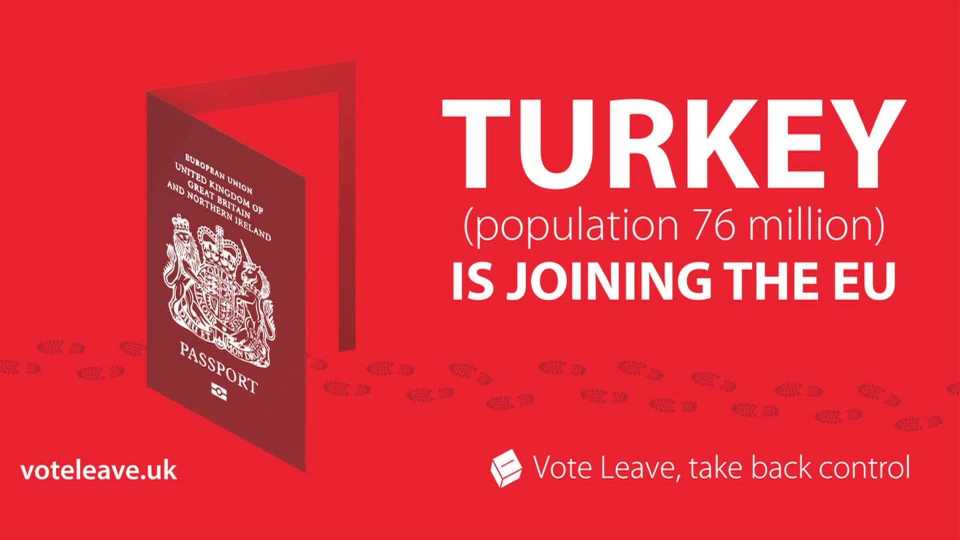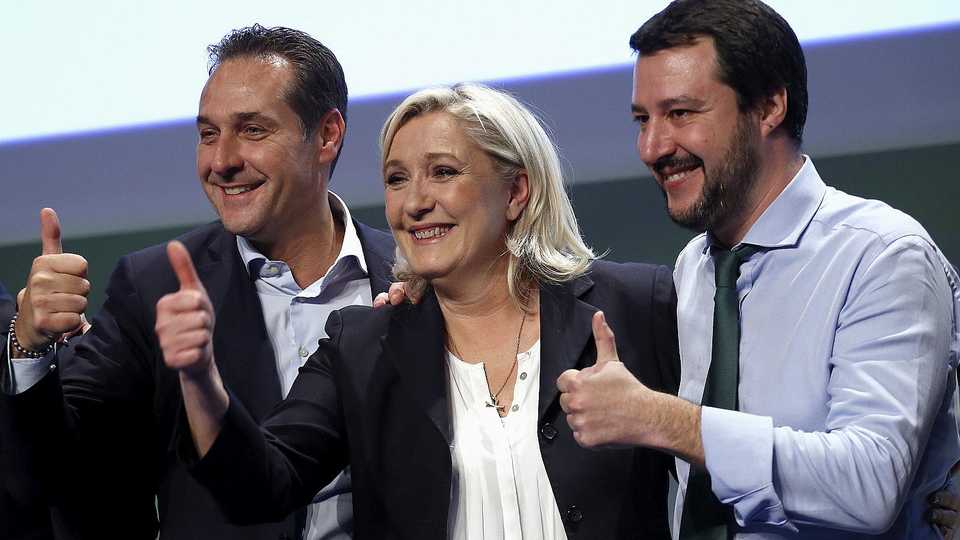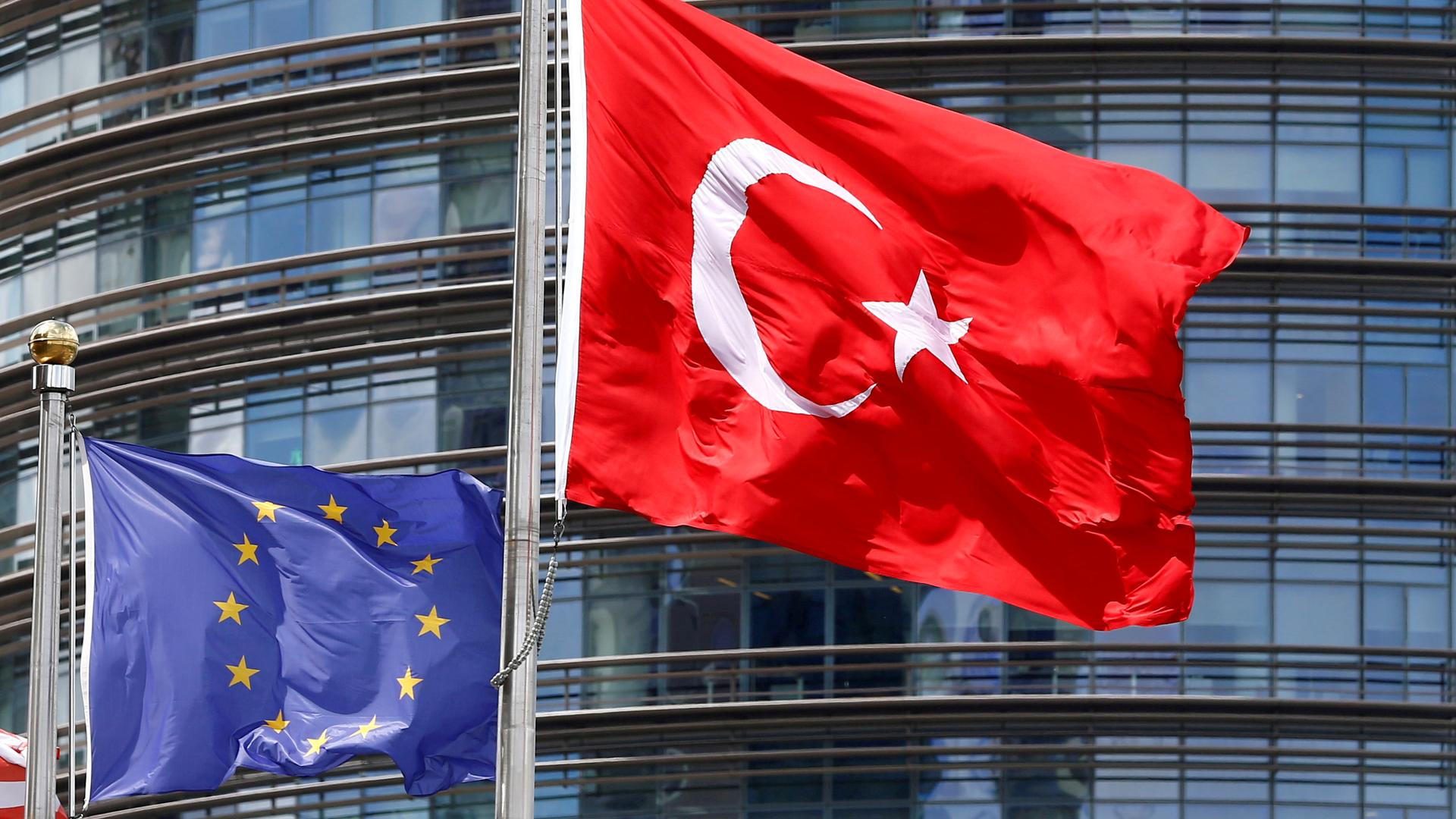There are less than three weeks left until the European Parliament (EP) elections, which are scheduled to take place between May 23 and 26.
Thousands of EU party members will vye for 751 seats during the elections. The parliament members can instigate laws, along with the 28 EU governments, at the European Council.
The EP was not considered a significant institution within the EU until the Lisbon Treaty was signed in 2009. Its proportional representation electoral system encouraged multi-party results, paving the way for marginal voices to find a supra-national platform.
The rise of the far right within the EP
Nigel Farage is notorious for his underdog campaign. He became an EP member in 1999. He was known by few at the time, even within the UK.
Farage and his party, the United Kingdom Independence Party (UKIP), rose to prominence through the aggressive speeches that were given by Farage within the EP, which were viewed by millions on YouTube, following years of campaigning for the UK to leave the EU.
Despite France’s right-wing Front Nationale and their leader, Marine Le Pen, winning only three seats in the 2009 EP elections and two seats in the 2012 parliamentary elections, Le Pen’s eurosceptic campaign continued to gain momentum across Europe, leading the French party to win almost a quarter of seats in the 2014 election, the most of any party.

Anti-Turkey rhetoric throughout the ages
Bids for Turkey’s EU membership began way back in 1959 and reached their peak at the start of accession negotiations in October 2005.
The rise of far-right movements in Europe and tense Turkey-EU relations led to the freezing of accession talks. In fact, far-right and eurosceptics often use the prospect of Muslim Turkey joining the bloc to induce fear and Islamophobia among their voter base.
For example, during the Brexit campaign in 2017, UKIP used a poster with “vote leave” on it that also read “Turkey (population 76 million) is joining the EU”.
Germany’s Alternative for Germany (AfD) parliamentary party leader and party spokesperson of the country’s federal state Thuringia, Bjorn Hocke, made no secrets of his plans to keep Turkey out should the party rise to power.
Hocke said: “That which we cannot yet enforce because we do not have the power – but we will get the power – and then we will enforce what is necessary so that we can live our free life. Then, we will issue the directive that at the Bosporus, the three great M’s (Mohammed, Muezzin and Minaret) will end!”

Upcoming EP elections
Since the last European election in 2014, there has been a sharp rise in populist and nationalist movements across the continent.
These movements have also enjoyed success at the ballot box in Italy, Finland, Estonia, Greece, Spain, France, Austria, Germany and the UK, among others.
This trend continues. Polls for upcoming EP elections indicate rise or stabilisation of far-right voter bases all over Europe.
The anti-Turkish rhetoric is not limited to far-right and eurosceptic parties, but has reached the centre of conservative parties.
Turkey “cannot become a member of the European Union,” Manfred Weber, the new elected leader of the European People’s Party group (EPP), who will probably to Jean-Claude Juncker as European Commission President, told Euronews on two weeks ago.
Also, the accession process is one of the biggest concerns for the far-right eurosceptic alliance of Italy’s Lega Nord, Germany’s AfD, Finnish True Finns and Danish People’s Party. Addressing the issue of Turkey’s accession to the European Union, Salvini said talks with Turkey, which have been suspended, should be canceled.










Discussion about this post